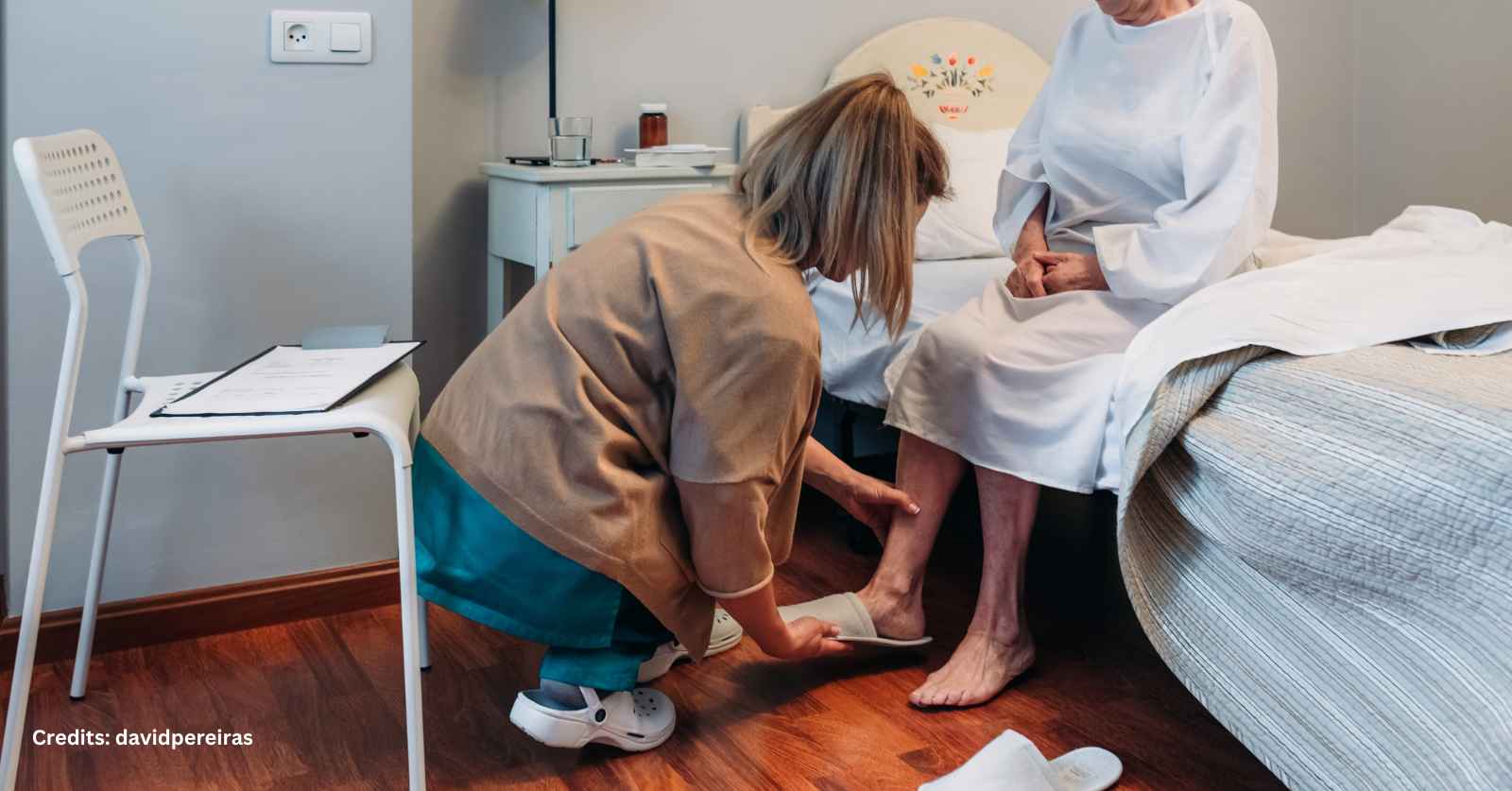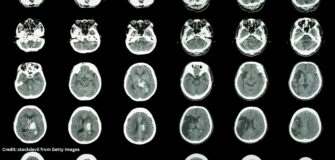To get more value from Australia’s hefty $180 billion healthcare budget, health economists need a bigger say in how hospitals operate, suggests recent research from Flinders University.
According to Professor Jonathan Karnon from Flinders University’s College of Medicine and Public Health, health economists based within hospitals, not just in academic circles, can offer vital insights into improving healthcare efficiency, especially in tackling issues like Emergency Department (ED) overcrowding.
“Economic evaluation aims to provide decision-makers with information on the relative costs and benefits of alternative spending options, but hospitals are so complex that it has proven difficult to provide decision-makers with timely and relevant information,” Professor Karnon said.
Flinders University’s health economists spent two years embedded within the South Adelaide Local Health Network (SALHN), collaborating directly with clinicians to analyse data and inform budget decisions. Their research sheds light on the benefits of this approach and its potential to drive positive change in healthcare delivery.
“Our general approach involved the use of local health systems data and published data and engagement with local clinicians to interpret this information in the local context, Professor Karnon said. “Using this approach, we evaluated a range of different intervention options to inform decisions on how best to reduce the number of patients experiencing complications during an admission to hospital.”
Their findings lay the groundwork for broader adoption of health economics in local health services, both in Australia and beyond. Flinders University is now working on training programs and resources to foster greater collaboration between researchers and healthcare providers.
“We are currently developing training programs and resources to promote the broader uptake of economic evaluation in hospitals and local health services.”
“We want to see education and economist-in-residence programs whereby researchers actively engage with the health service to ultimately impact on patients through the best possible evidence informing health services decisions,” Professor Karnon said.
Ritchelle is a Content Producer for Healthcare Channel, Australia’s premier resource of information for healthcare.




















Upcoming Events
6th Annual Aged Care Week
June 25, 2025
Subscribe
We send emails,
but we do not spam
Join our mailing list to be on the front lines of healthcare , get exclusive content, and promos.